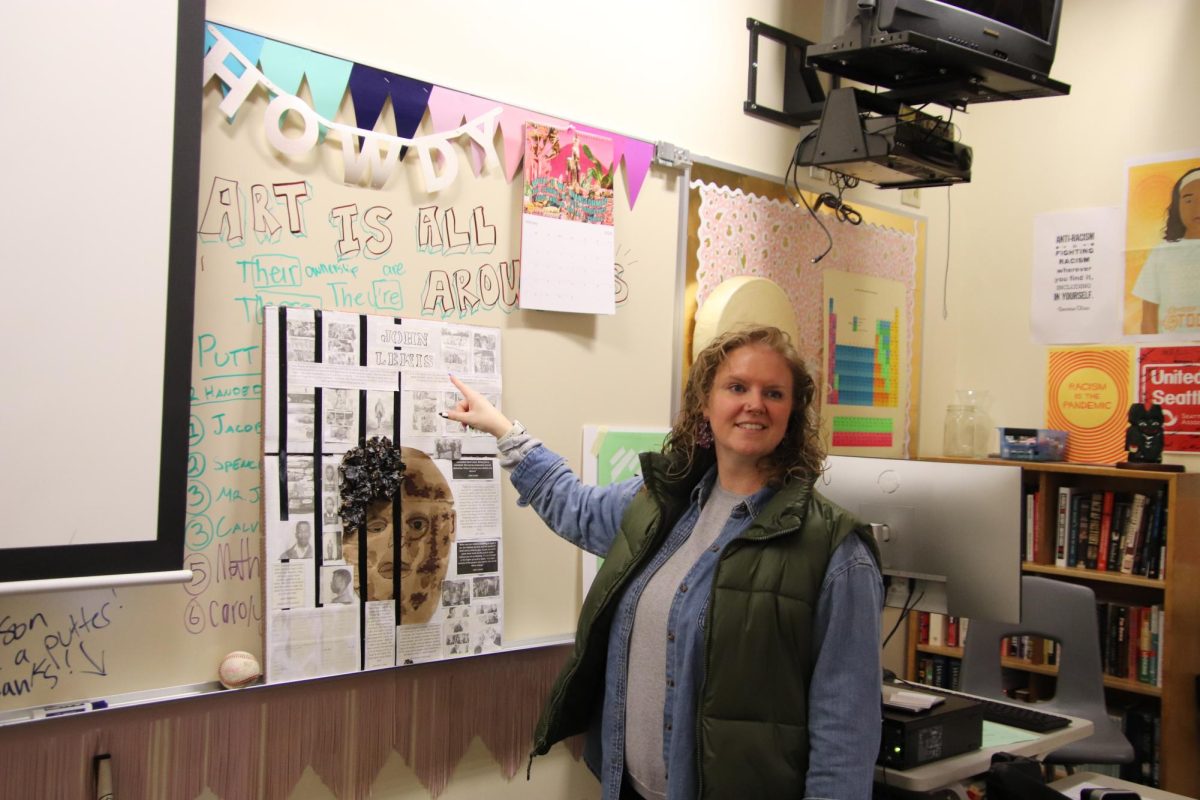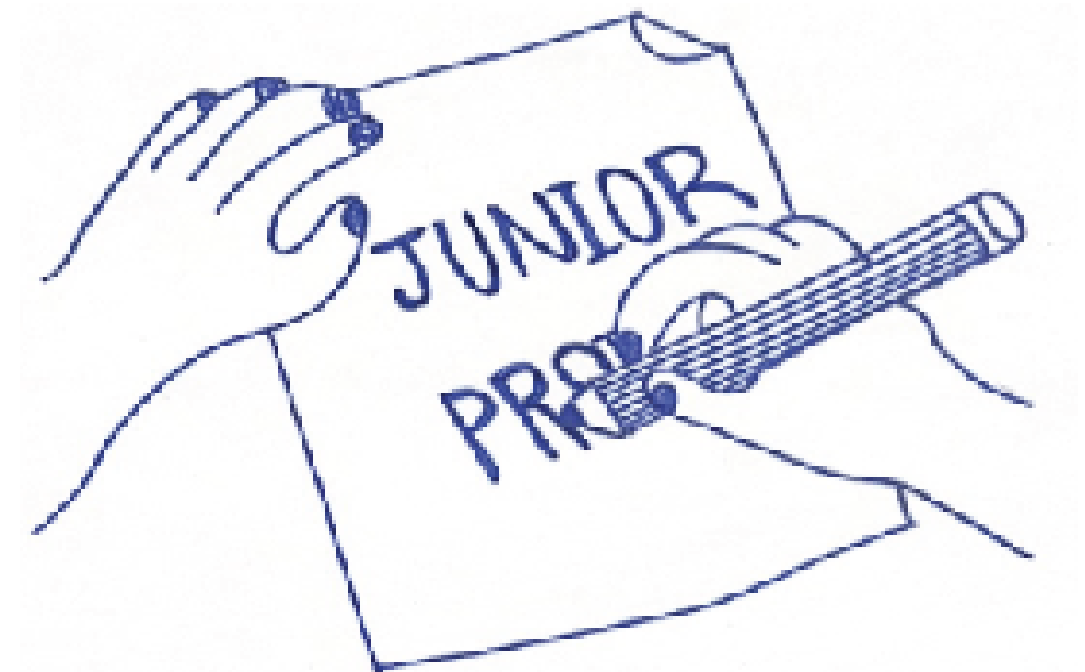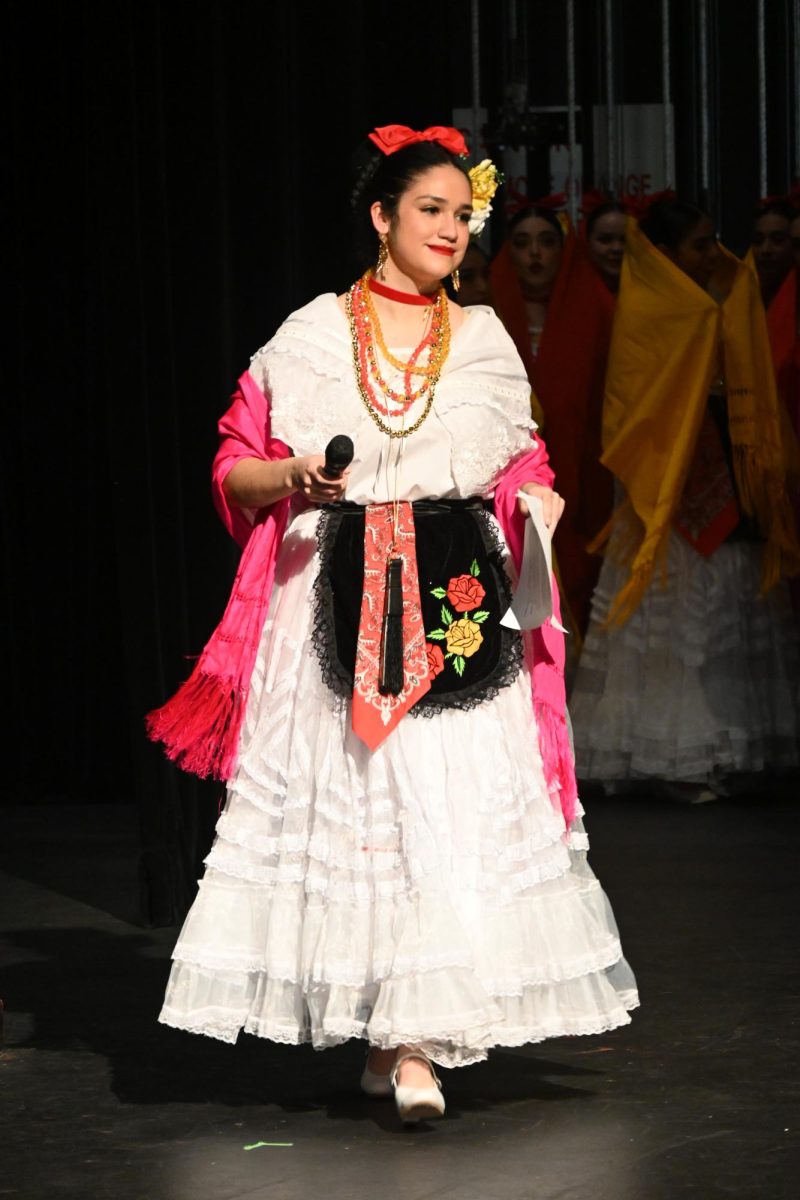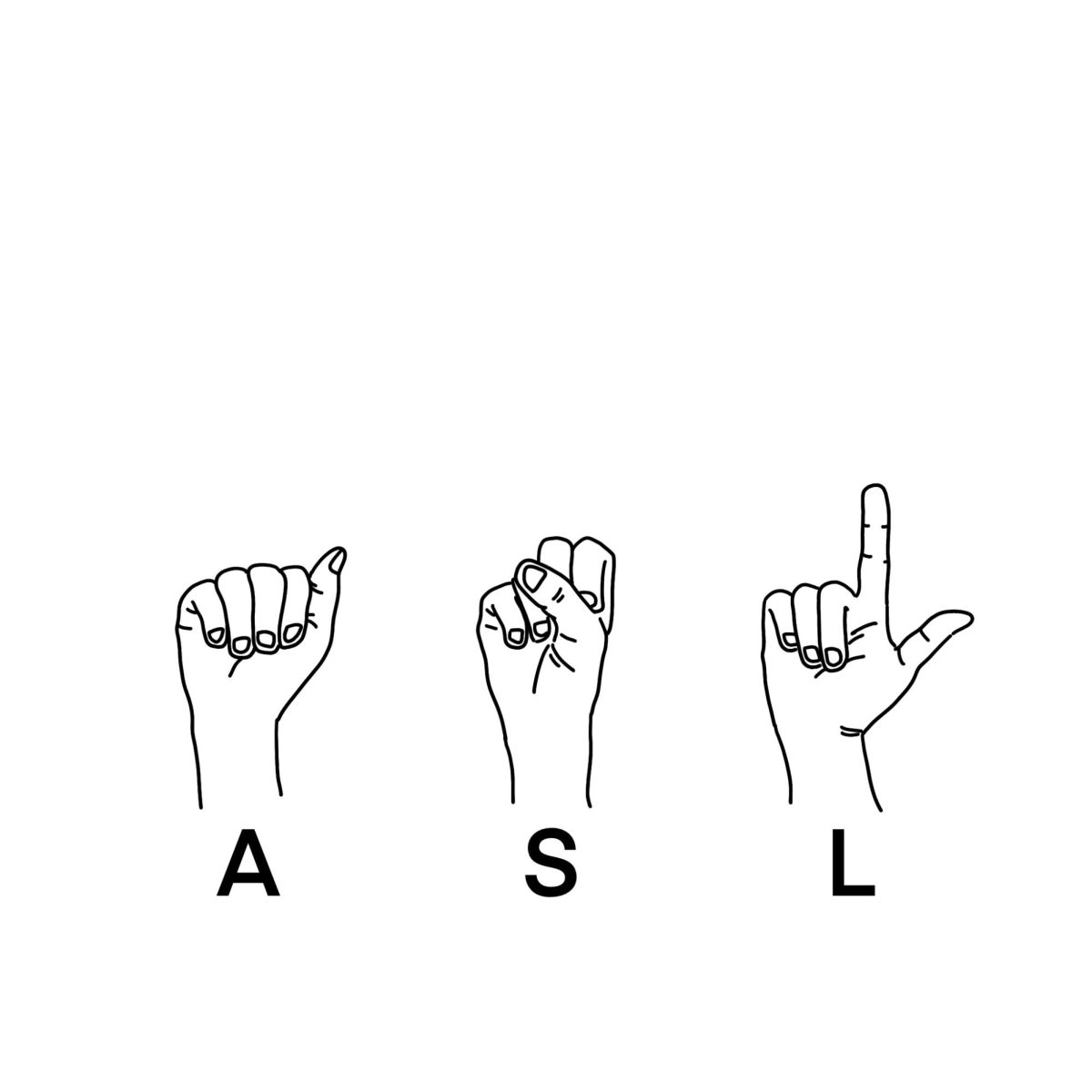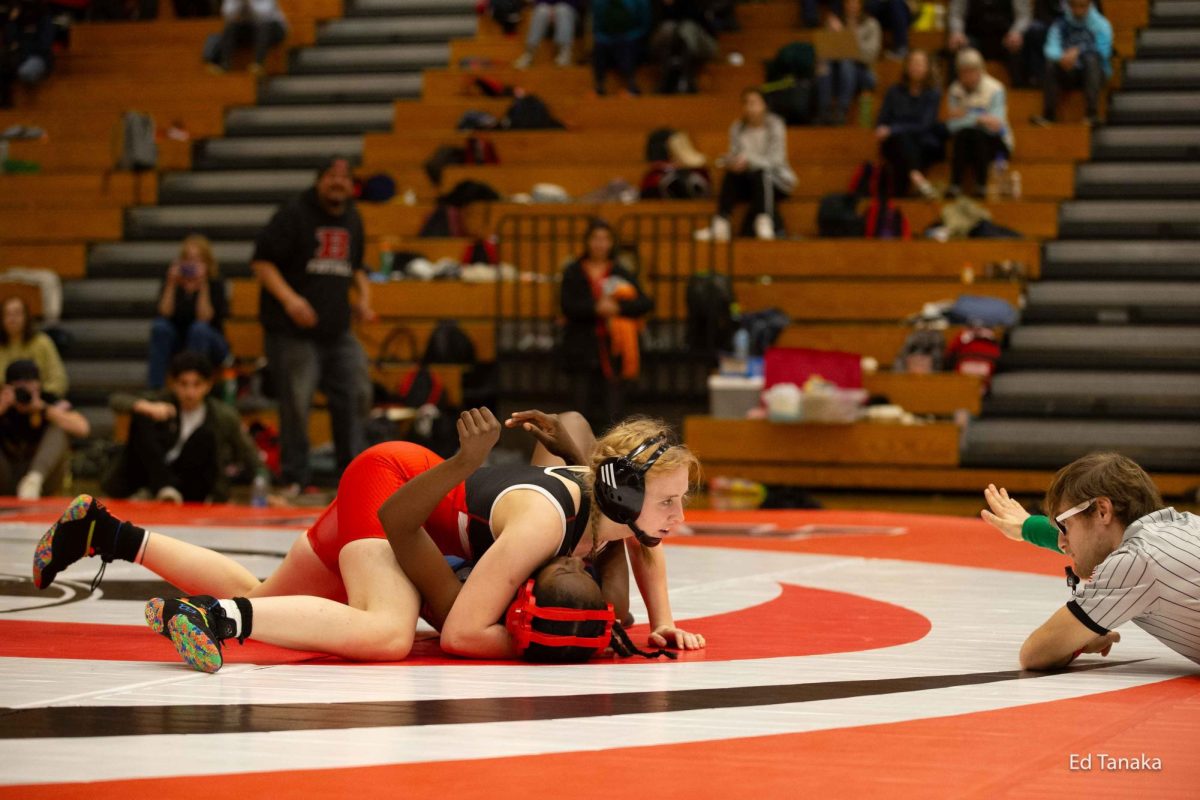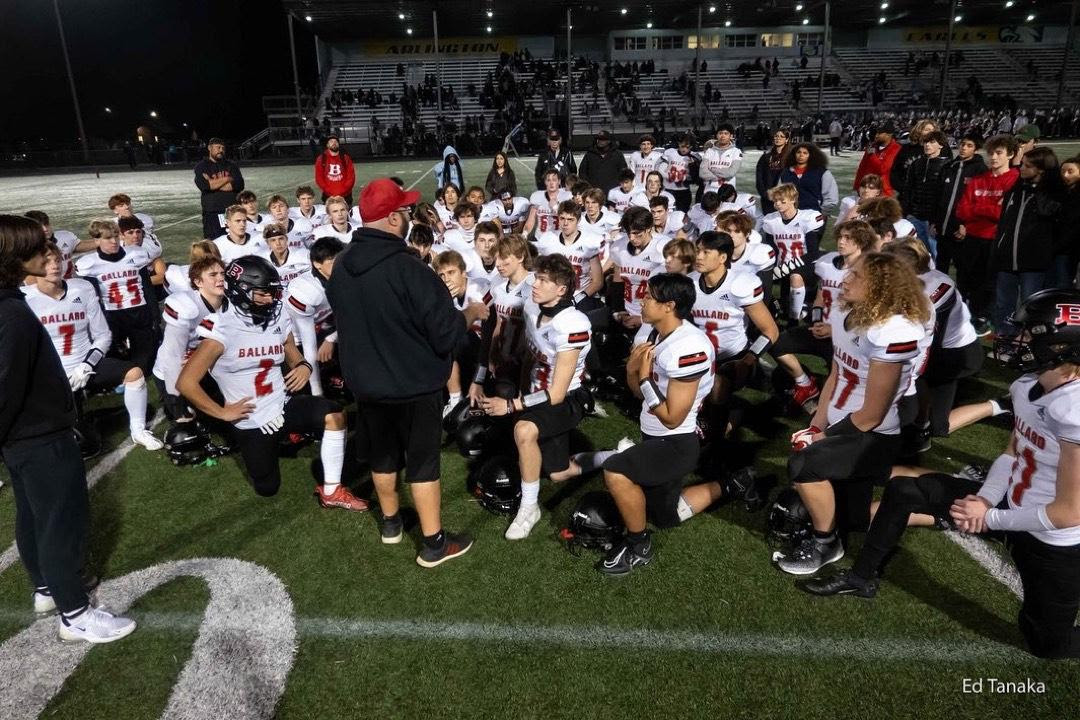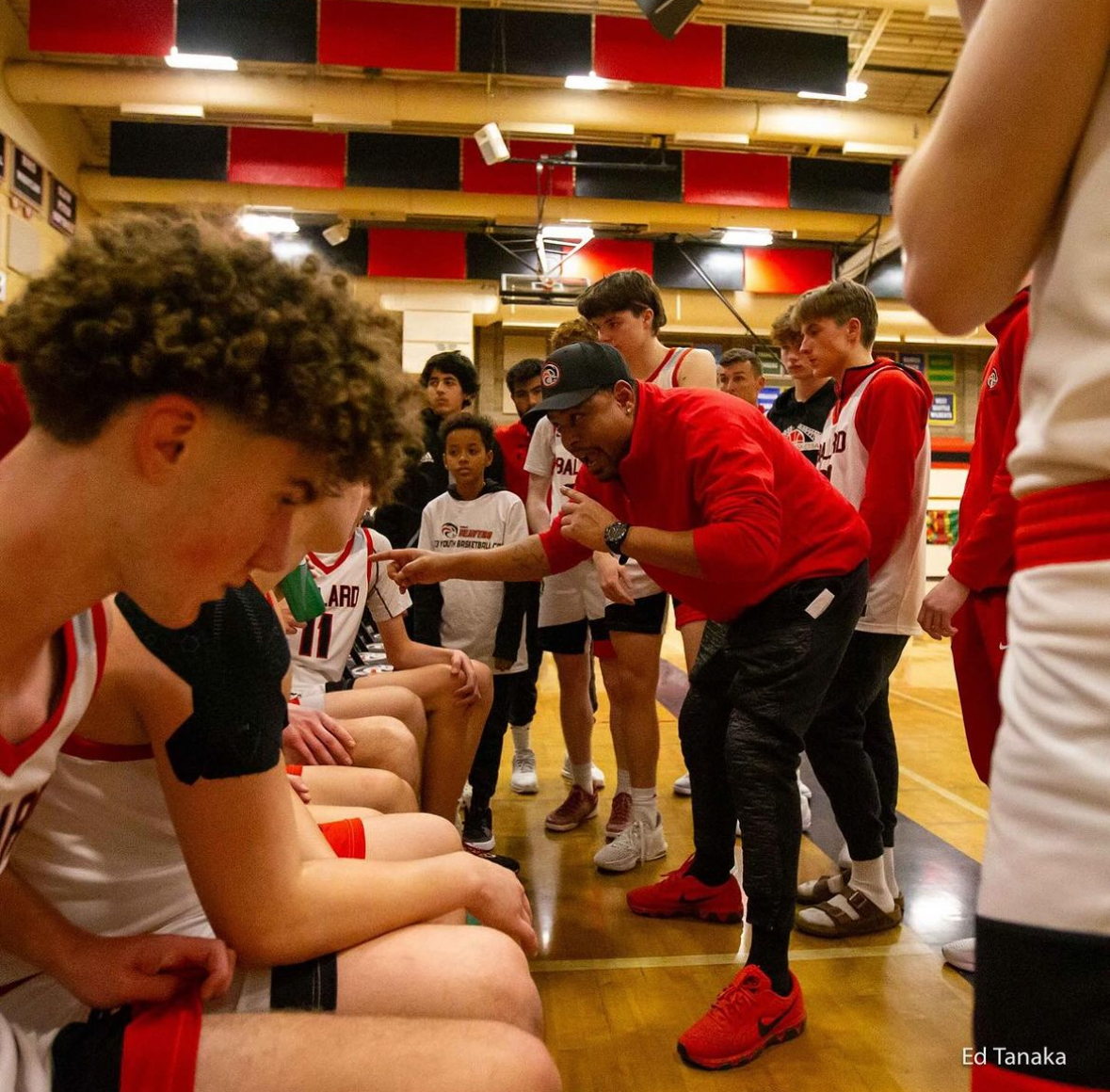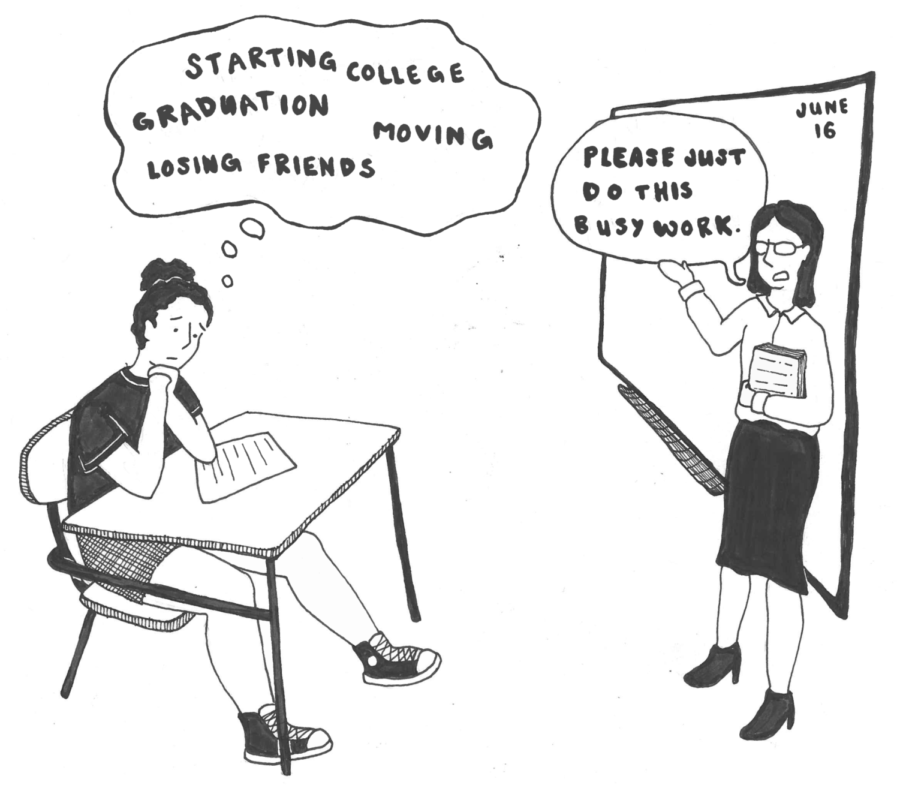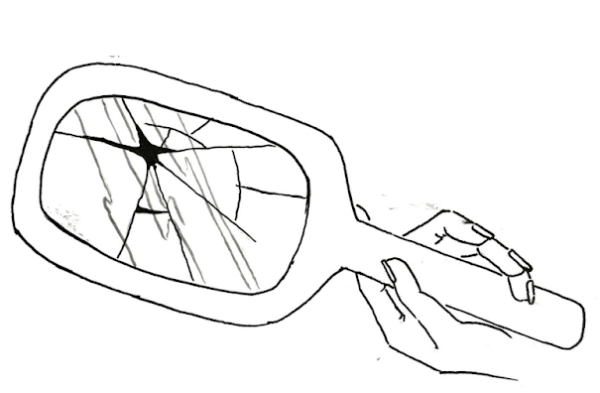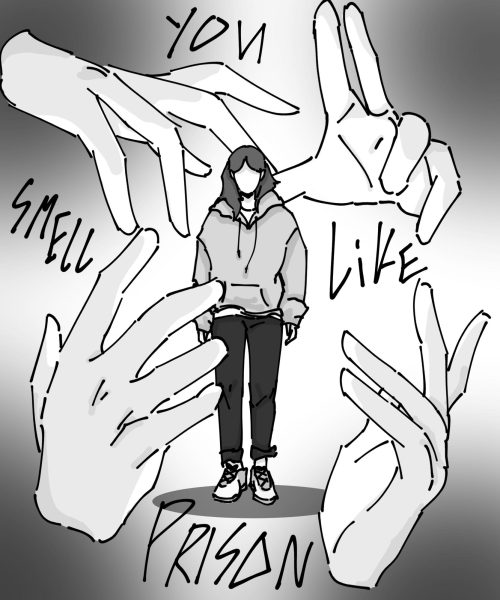A plea from the seniors
We are not lazy, we are scared
While many view seniors as lazy, in reality they’re coming to terms with one of the biggest changes in their life thus far.
June 23, 2023
Feeling fully established in an environment is no small feat. Throughout our time at BHS, we have formed connections, joined extracurriculars, and taken on leadership roles.
The unsure freshmen we were just a few short years ago feel like a distant memory, yet many of us will be returning to that state of uncertainty this coming fall, once again being small fish in an unbelievably large pool.
We have all faced transitions throughout our lives, from middle school to high school, in-person to online education, and from naive children to near adults. Yet there has been a security blanket throughout all of it, a sense of home. Not just where we live but where our lives reside.
As we take the next steps in our lives, our definition of home will at the very least, take on a new form.
During our few final weeks of high school, it’s hard not to feel the crushing weight of the loss we are experiencing. There are many catalysts leading to this sense of grief. As performing arts are coming to a close, seniors are saying goodbye to the programs they have dedicated thousands of hours to. Club leaders must pass the torch to younger members or accept that the extracurriculars that once made up a significant portion of their identity will soon be obsolete.
The Ballard community will no longer be a place we are welcome, the American high school experience is coming to an end.
As we stress over this loss, our peers, teachers and parents have near-constant conversations about “Senioritis,” the phenomenon of seniors half-assing their schoolwork if they bother to do it at all.
It is widely believed that we are getting lazy, and it’s easy to see why. Classes composed of primarily seniors are becoming emptier by the day, chairs have collected dust, and schoology assignments have piled up in the overdue tab. But senioritis is not just laziness, it’s a coping mechanism.
The weight of academics on top of everything in our lives falling out beneath our feet becomes too much to bear. It may seem dramatic, but everything about leaving high school feels dramatic.
How are we expected to focus on calculus when all we can think about is how hard it will be to live without the support of our parents, our teachers, and our friends? Though skipping school may not be the most effective avenue for coping with this confusing cocktail of emotions, for many of us it is an unconscious choice.
Not only are we skipping to cope with the stress of such a huge transition, as school drags on weeks into June, we are itching to move on with our lives. Though we are scared, we are ready to leave the final chapter of our childhood education.
As people crouch in fear of the dreaded T-shirt cannon, or as we get stuck in the hall behind yet another group of chatting underclassmen, we are reminded that we have outgrown our school’s community. At this point, Preparing for the exhilarating unknown of our futures feels far more pressing than attending every class to sit in a room with other restless seniors.
Most of us are going to colleges or universities next year, and along with that comes countless tasks to complete before stepping foot on campus in the fall. As these tasks arise, it is difficult to choose high school assignments over ones that will actively affect our future.
Who will we live with? What classes will we take? What programs will we partake in? These questions feel far more important than “What work am I missing?”
There is no period of time up to this point that has contained as huge a transition as this, I think we deserve some slack, perhaps even a bit of compassion.
